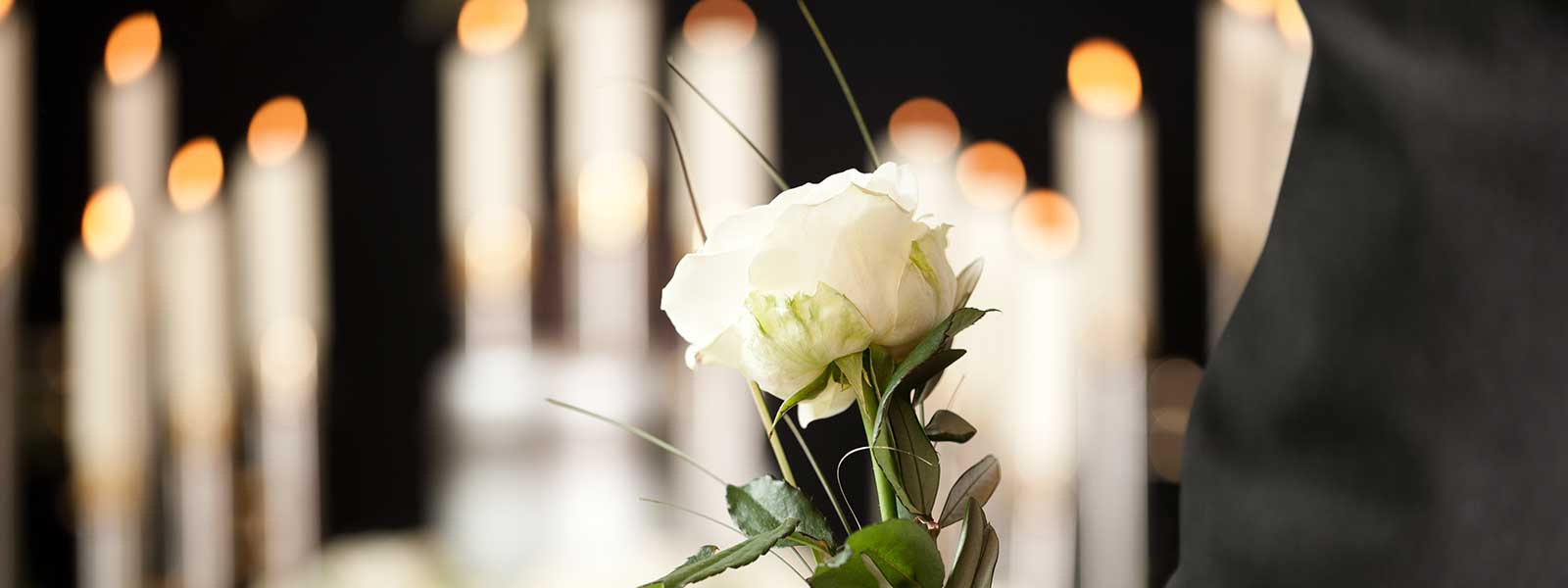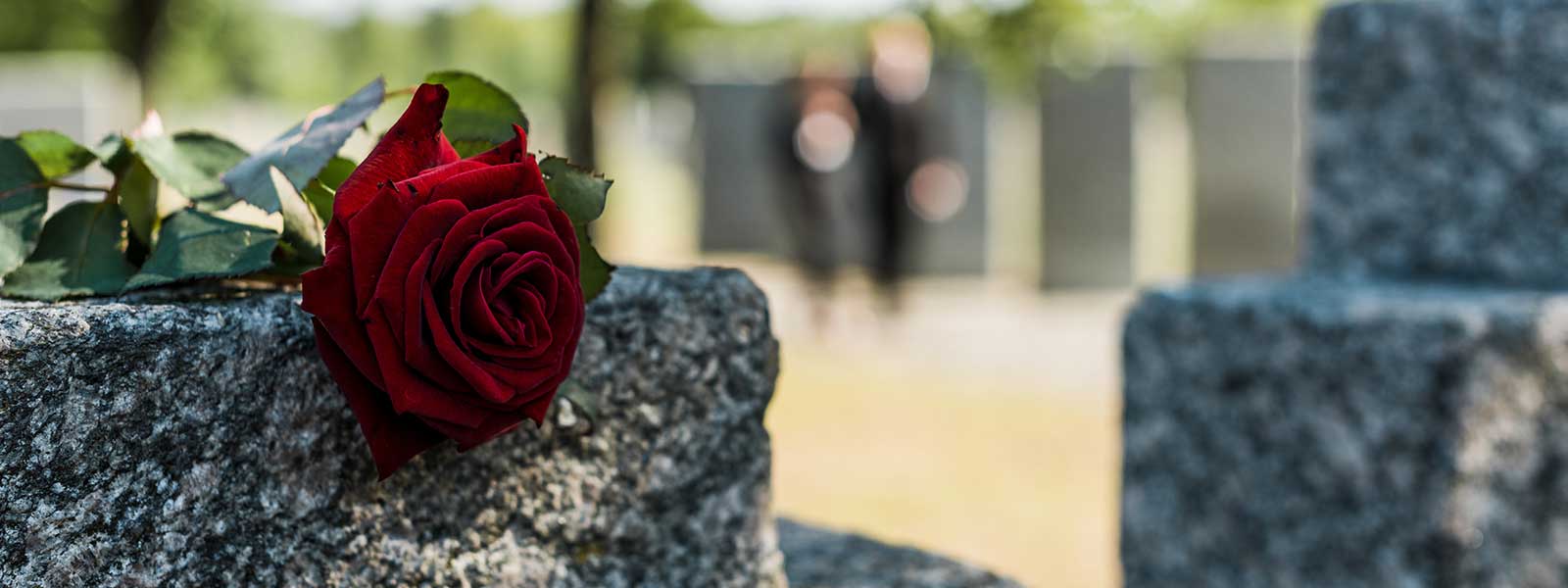HDB Inheritance Laws

This article explores inheritance law concerning HDB (Housing and Development Board) flats, and seeks to answer some common questions.
It can be complicated and often confusing to inherit an HDB flat. The process is influenced by many factors. The most important considerations are (1) whether the deceased person left a valid will, and (2) whether there are other owners of the HDB flat.
Maybe you are the co-owner of an HDB flat and the other owner dies. You’ll need to understand HDB inheritance rules and what impact they’ll have on your ownership, to protect your interests.
HDB Inheritance and Religion
The law varies for Muslims and non-Muslims, so be aware that religion can affect HDB flat inheritance.
If the deceased was Muslim and died intestate (leaving no valid will), then the flat will be dealt with under Syariah Law Faraid. If a will was left at the time of their death, only 1/3rd of the property can be bequeathed by the owner. The other 2/3rds will be distributed by the court, under Faraid.
If the deceased was non-Muslim and died intestate, then ownership of an HDB flat is administered under the Intestate Succession Act. A beneficiary or relative can ask the court to be appointed as a trustee to oversee the process. If a will was left, then under probate it must be proved and executed. The executor or trustee will manage the process according to the Probate and Administration Act.
HDB Inheritance and Types of Ownership
The following are common scenarios showing how types of ownership impact on HDB Inheritance.
Sole ownership
In the case of non-Muslim sole owners of a flat who don’t leave a will, the flat will be sold and the proceeds split between your spouse and children, with 50% going to your spouse and 50% split between your children.
Where you have no surviving spouse or children but your parents are still alive, they will inherit the flat in equal portions.
If you’re unmarried and without children, but you have living parents, they inherit equal portions of the flat.
For those who are single and have no living family, the government will get the flat.
Co-ownership of flats complicates the matter. There are two kinds of co-ownership, so it needs to be established whether the flat is owned under (1) a joint tenancy, or (2) a tenancy-in-common.
Joint tenancy
Under a joint tenancy, all co-owners have equal shares in the flat. When one dies, their share is automatically given to the remaining eligible owners. ‘Eligible’ means that the co-owners must be citizens of Singapore or permanent residents and must be aged 21 or older.
A joint tenancy takes precedence over any will that may exist and overrides it.
Tenancy-in-Common
A tenancy-in-common means that each owner has a separate interest in the HDB flat. Nowadays, this is the most frequently used arrangement when people buy HDB flats.
When one owner dies, their share is passed on based on inheritance law. It is not automatically transferred to the remaining owners.
If a valid will exists, the share will be allocated to the beneficiaries as set out by the will. Where no will exists, the Intestate Succession Act applies to the deceased’s share of the ownership.
The HDB Inheritance Process
What follows is a brief summary of the process. There are several things to consider when an HDB flat owner passes away. It’s best to hire a lawyer straight away to ensure all procedures are complied with.
Joint tenancy: Following a joint tenancy owner’s death, the remaining owner should submit a Notice of Death to the Singapore Land Authority (SLA). The Housing and Development Board can help with this, or it can be done at the SLA. All required documents must be submitted along with the Notice of Death, including the Death Certificate, to comply with all legal requirements. It should be typed, printed and witnessed by someone of at least 21 years of age.
Tenancy-in-common: If the deceased owned the flat under a tenancy-in-common, then the deceased’s family should obtain a Grant of Probate by instructing a lawyer.
If no will exists, then a lawyer must obtain a Grant of Letters of Administration by court application. Once they have the legal authority to manage the estate, an executor or administrator must register their legal right to do this.
As well as the will, the application should include the original copies of the Grant of Letters of Administration or the Grant of Probate.
For Muslim estates, the application must include the original Inheritance Certificate from the Syariah Court.
Once these requirements have been fulfilled, the interest in the HDB can be passed to the new owners.
If the beneficiary already owns private property
If the beneficiary of the deceased already owns private property, things will depend on when the deceased bought the inherited HDB flat. If they bought it prior to 30th August 2010, the beneficiary is allowed to keep both the HDB flat and the private property. But conditions apply to this:
- The beneficiary must be eligible to own an HDB flat, and
- The beneficiary and their family must reside in the HDB flat.
For flats which were bought by the deceased after 30th August 2010, the beneficiary is only allowed to keep one of the properties.
- Beneficiaries who decide to hold on to the HDB must live in it the flat, and sell the private property within six months.
- Beneficiaries who decide to hold on to the private property and sell the HDB flat must sell it within six months (provided the minimum occupation period is completed). If the minimum occupation period hasn’t yet been completed, the beneficiaries will be assisted by an HDB officer.
If the beneficiary already owns an HDB flat
An individual can only own one HDB flat interest at a time. If they already own one, they must sell one of the interests, even if they only have partial ownership of an HDB flat.
- Beneficiaries deciding to keep the inherited HDB flat must sell the other flat within six months of inheriting the HDB flat. The beneficiary must be eligible to own the inherited flat (for example, they must be an immediate family member of the deceased, above 21 years old).
- Beneficiaries deciding to keep the existing flat should sell the inherited flat within six months. If they haven’t yet met the minimum occupation period, the beneficiary must ask the HDB to help before they can sell the flat.
If the beneficiary already owns commercial property
In this case, the HDB flat can be kept by the beneficiary as long as the commercial property doesn’t include a residential component.
Common problems
The inheritance process for HDB ownership should go smoothly, providing the correct process is followed. But problems do arise. For example, some families have informal arrangements as to who pays the mortgage. The owner on paper is sometimes not the one who pays. This means that beneficial ownership may not reflect the name on paper. Sometimes, the mortgage payer may have to prove payments to protect their interest in the property. If they use their CPF to pay the mortgage this may be straightforward, but if they use other forms of income then problems could arise.
A good example of how complicated sibling ownership of HDB flats can be is the case of Ong Chai Koon and others v Ong Chai Soon [2021] SGHC. Although not about inheritance specifically, the case shows how hard it can sometimes be to prove who the mortgage payer is.
If you are the owner of an HDB flat, it’s advisable to consult a lawyer who has expertise in inheritance law, who can explain how HDB inheritance works. Otherwise you risk conflict and stress amongst surviving family members or co-owners.
Draw up a will setting out your wishes regarding your flat in the event of your death. Without such a will, your interest in the flat may pass to someone whom you would not wish to give an interest to.
If you’re a co-owner, make sure you understand the rules around inheritance, as it will allow you to protect your rights. Understand how the law of succession and intestate succession applies to your HDB property.
Common questions you may have
How long does it take to sell an HDB Flat after a death?
Joint tenancy: upon one joint tenant’s death, the other becomes the sole, absolute owner of the HDB flat, once a Notice of Death has been lodged with the Singapore Land Authority (SLA). Then that surviving tenant can sell the flat at any point on the open market if they wish, subject to the Minimum Occupation Period (MOP) and other HDB-stipulated requirements that must be met prior to selling off the flat.
Valid will: if there is a valid will, then for other manners of holding the HDB flat will vest automatically in the Executor that the deceased named in their will. The will gives that person powers (see Lee Han Tiong v Tay Yok Swee [1996] SGHC 176 at paragraph [5]). But to deal with the estate successfully, the Executor must still apply for a Grant of Probate from the court (see Re Ong Soon Chuan [1999] SGHC 125 at paragraph [5]), and that can take time.
No will: for a deceased person who died with no will (intestate), then sections 37(1) and 37(4) of the Probate and Administration Act (PAA) apply, and the real and personal estate of the person who has died (including the HDB flat) will vest in the Public Trustee between the death and the grant of a Letter of Administration. It is more complicated and time consuming to apply for a Grant of a Letter of Administration than it is to get a Grant of Probate.
Matters will also depend on whether a caveat was lodged against the HDB flat, according to section 33 of the PAA. Lifting a caveat can only happen if the creditors/beneficial owners are happy with the undertaking given by the Administrator or Executor to settle the liabilities and debts of the estate. Until such time as that happens, the court will not give a Grant of Letter of Administration, or a Grant of Probate. Therefore the HDB cannot be sold and proceeds may not be distributed to beneficiaries, before disputed issues have been settled. If the probate is contentious then it will take more time if it is subject to court referral to resolve it.
Engaging a specialist lawyer helps ensure you get the planning of your estate right before your death, and gives you peace of mind that all inheritance processes will be adhered to.
When the owner of an HDB flat dies, what happens to the flat?
It depends on whether there are any other owners of the HDB flat, and whether the owner had a valid will or not. There are two types of co-ownerships, aside from sole ownership, and they are joint tenancies and tenancies-in-common. In a tenancy-in-common, separate and distinct interests in the flat are held by the co-owners. According to section 53(1) of the Land Titles Act, there is a presumption that property is held by registered co-owners as a joint tenancy, unless a tenancy-in-common is indicated by words of creation, or severance.
Joint tenancy: the right of survivorship is the consequence of a joint tenancy. Section 114 of the Land Titles Act states that when one joint tenant passes away, the entire estate is taken by the surviving joint tenant. Put another way, the deceased’s interest in the HDB flat simply ceases to exist when they die, and moves to the other joint tenant, and no will is needed. The right of survivorship takes precedence of succession laws and also applies to Muslim estates (see Shafeeg bin Salim Talib [2010] SGCA 11 at paragraphs [43] to [44]). As a result, the deceased cannot leave their share in the flat to another beneficiary.
Sole ownership or Tenancy-in-Common:
- A deceased non-Muslim with a valid will: their flat and other assets are distributed according to the will. A minimum of one Executor has to be appointed in the will, otherwise an application for the grant of Letter of Administration must be made, annexing the will.
- A deceased non-Muslim without a will: the Intestate Succession Act (ISA) applies and the assets of the deceased (which include their HDB flat share) will be processed according to the order stated in ISA section 7. A beneficiary or relative can ask the court to appoint them as an Administrator of the deceased’s estate. The widowed spouse or next-of-kin may be granted a Letter of Administration. If neither apply, it may be given instead to creditors such as banks.
- A deceased Muslim: in this case the ISA does not apply (see section 2 of ISA). Instead, the assets of the deceased, including the HDB flat, are distributed under Faraid (Muslim law) under section 112 of the Administration of Muslim Law Act, known as AMLA. Even where a will does exist, only one third of the flat can be bequeathed by the deceased, and the other two thirds must be distributed based on the share value of their legal heirs, as laid down in the Inheritance Certificate that the Syariah Court issues.
Can I inherit the HDB flat which belonged to my parents?
This depends on several things.
If one parent dies before the other, then look at the manner in which the flat was held:
- If both parents were joint tenants of the flat, the one remaining parent becomes the sole owner when the other dies. The right of survivorship prevails, and your deceased parents may not bequeath the flat to you via a will.
- If your deceased parent (non-Muslim) was the sole owner of the flat, you may inherit all or part of it if you are named in the final will as a beneficiary. Where no will exists, the remaining living spouse gets one half of the deceased’s flat and other assets (under section 7, rule 2 of the ISA). The other half shall be distributed equally amongst the children (see section 7, rule 3 of the ISA).
If both parents pass away:
In this case, you can inherit your parent’s interest in an HDB flat under a valid will, or by virtue of section 7 of ISA where no will exists. An individual may only own an interest in one HDB flat at a time, so if you already own an interest in another flat you must sell it, (regardless of sole or partial ownership). In a Muslim estate, the HDB flat and other assets will be distributed under Muslim law (Faraid).
Can a minor inherit an HDB flat?
Yes – under the deceased’s final will (or under section 7 of the ISA if no will), a minor can inherit the flat. Although minors can hold land, someone under 21 years of age does not have legal capacity to contract in any purchase or sale of land (see section 35(4)(a) of the Civil Law Act). This means that the surviving parent or guardian who appears in the will should manage the minor’s inheritance until they reach the age of 21. The Executors or Administrators of the deceased’s estate may hold the flat (or the minors share in the sale proceeds) on trust.
Similar Articles
What happens if you die without a Will?
Many people wonder what happens to their assets if they were to die intestate (without leaving a valid will). In this article we answer that question. You may also find this useful if one of your relatives has died without leaving a will, and you aren’t sure if you will inherit something from them. The simple answer is that for people who die without leaving a will, the Intestate Succession...
Grant of Probate or Letters of Administration?
If a deceased person dies and leaves a valid will, then the beneficiaries named in that document will get the assets. A Grant of Probate needs to be obtained by court application. However, if the deceased left no valid will, then family members will have to ask the court to issue a Grant of Letters of Administration. Family members would then receive the inheritance according to the Intestate Succession Act....
What to do when a loved one passes away
Even though experiencing the death of a loved one is a very difficult and emotional event, there are certain things you must do if it happens. These range from hiring a probate lawyer to settle financial and legal matters, as well reporting the death, to deciding how the estate should be managed and settling questions about inheritance. Here are the 8 legal things you should do if a loved one...


